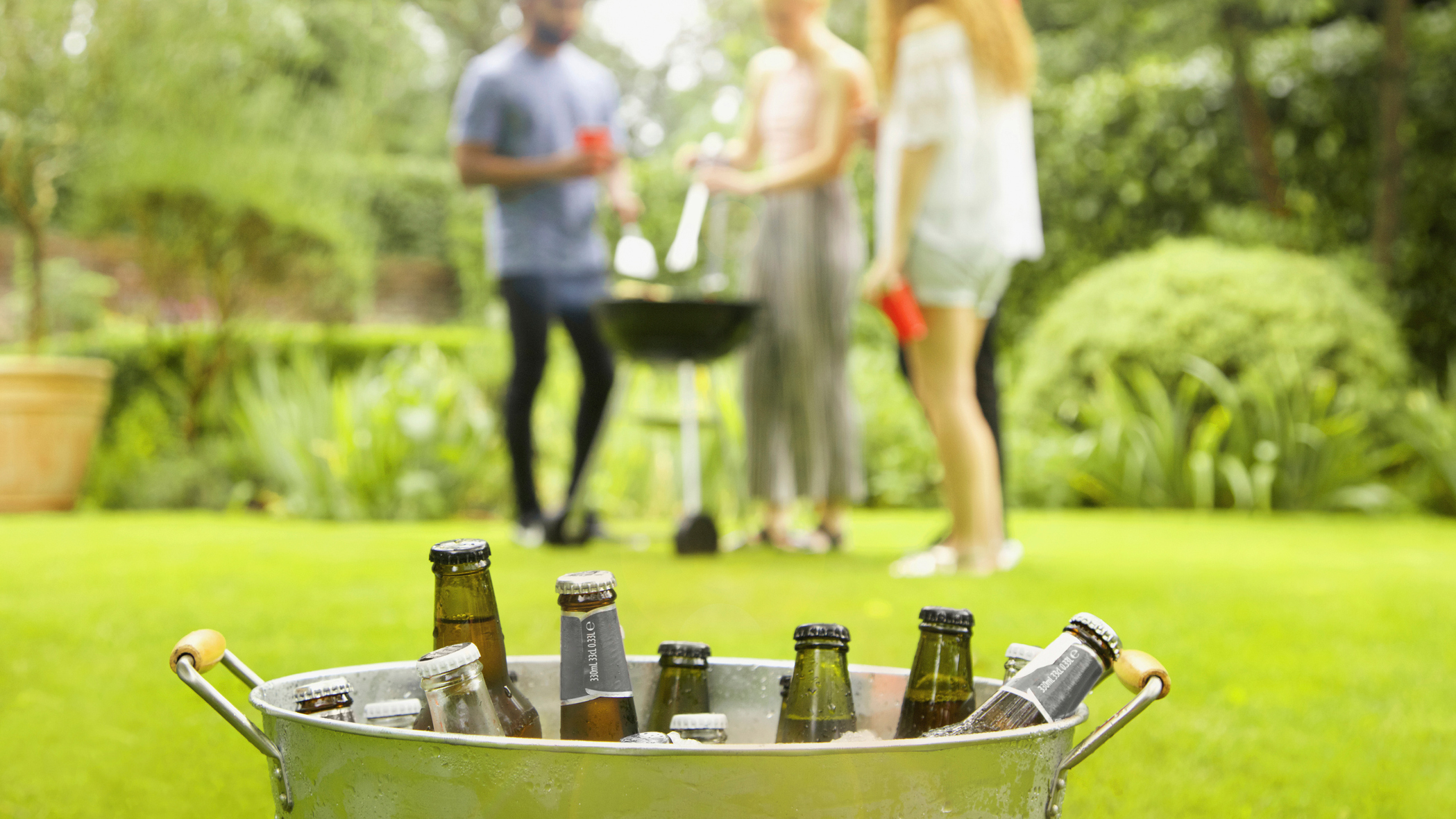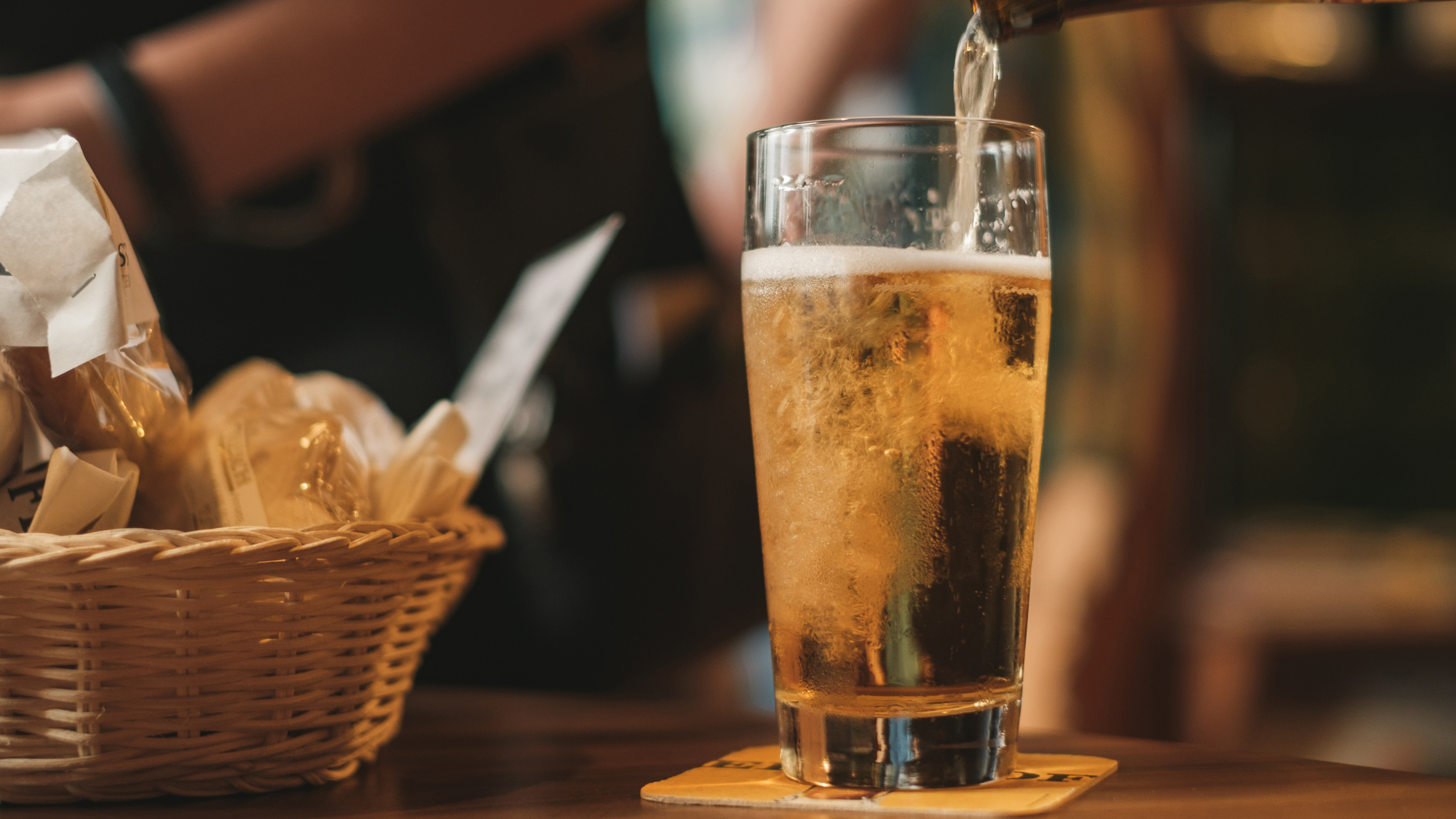What happens to your body when you quit drinking alcohol for a month?
The onset of summer means BBQs, beer gardens and a drink in the sun, but there are loads of benefits to quitting alcohol


Are you sober curious? It's a term that's been thrown around a lot during these last few years in relation to experimenting with giving up alcohol. Whether you choose to go on a small break or you want to try and quit indefinitely, there's no denying there's loads of benefits to kicking the booze.
A good starting point to see if it's for you is a 30-day challenge, such as Dry January, Dry July or Sober October. 30 days, for most people, is an achievable goal: it's long enough for you to start feeling some of the benefits, while being short enough to be doable. Plenty of people have documented their journey online, such as Pittsburgh YouTuber Jordan LoNigro. He found he had increased amounts of energy during the day, more time, more creativity and even dropped some weight. Check out his story below:
Watch Jordan's one-month video diary here:
However, summer is here, which means beers and barbecue, bars and pub gardens, a cold glass of wine in the garden. Giving up booze is about to become much more challenging. Fortunately, there are plenty of arguments for ditching alcohol, even for just a few weeks, during summer.
For example, you'll look better. As COVID is in retreat and we start to meet up with more people in the sunshine, we want our skin and hair to look its best. Alcohol acts as a diuretic, a chemical which dehydrates us faster than normal. This is why we can drink glass after glass without ever having our thirst quenched – it actually makes us more thirsty. You're better off picking up one of our best water bottles for the gym to ensure proper hydration everywhere you go.
Dehydration is never a good idea in summer, but it also drastically affects our appearance as well as our kidneys: one dermatological study found drinking more than eight drinks a week was associated with premature facial aging, including heavier wrinkles, under-eye puffiness and damaged blood vessels.

Alcohol can also interfere with your fitness progress. As well as disrupting your workout schedule (you try getting up for a run while hungover!) another study found drinking alcohol after exercise disrupts protein synthesis.
Even if your workout game is on point, you're consuming lots of excess calories from the sugar in most alcoholic drinks, and you'll struggle to build muscle as well as you could if you weren't drinking.
Start your week with achievable workout ideas, health tips and wellbeing advice in your inbox.
Swap a beer for a smoothie whipped up in one of our best blenders, and add a scoop of one of the best protein powder for weight loss. Reducing your alcohol consumption, increasing your intake of fruits and vegetables, upping your protein and drinking lots of water will have you looking and feeling your best to show off in time for summer.
Matt Evans is an experienced health and fitness journalist and is currently Fitness and Wellbeing Editor at TechRadar, covering all things exercise and nutrition on Fit&Well's tech-focused sister site. Matt originally discovered exercise through martial arts: he holds a black belt in Karate and remains a keen runner, gym-goer, and infrequent yogi. His top fitness tip? Stretch.
